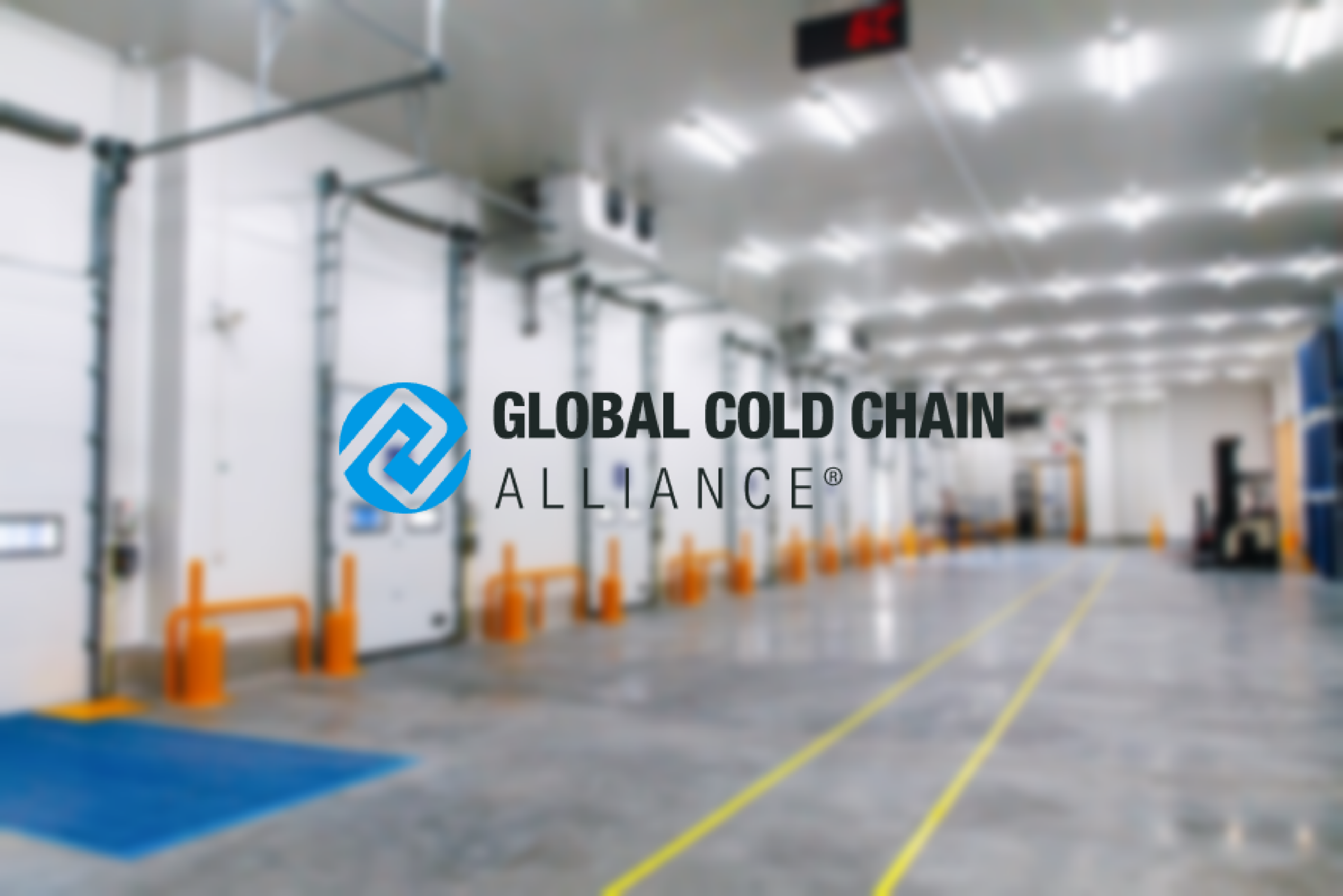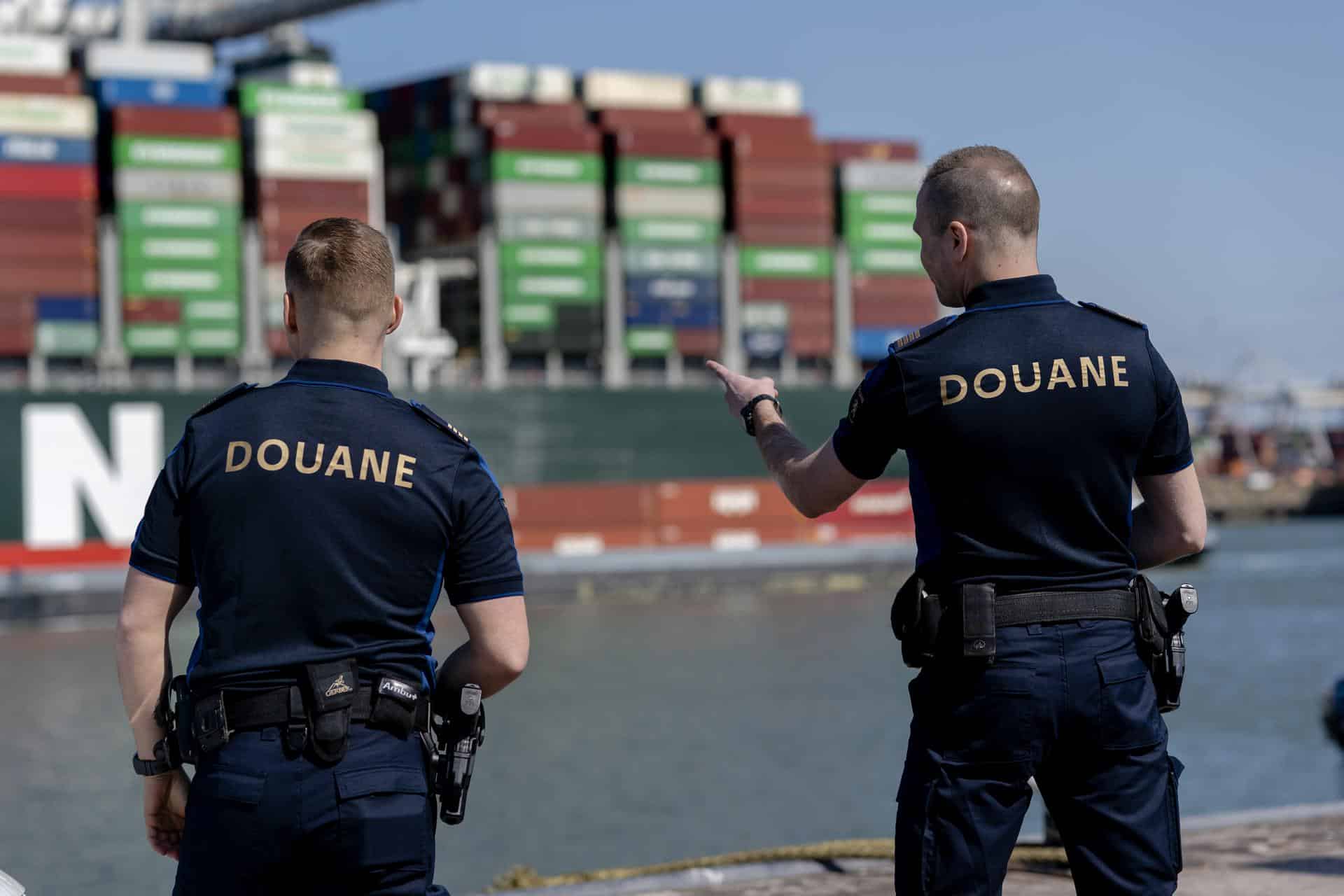
Customs, News
All logistics eyes on Brexit
Date
25 June, 2018
Reading time
2min. reading time
European logistics service providers hold their hearts for the outcome of the Brexit. Where free movement of goods and people can still be done today, this is probably no longer the case starting from 2021. Organizations that are already preparing for what is to come are ahead of their competition. Thus, they will become preferred parties for parties who trade with the United Kingdom.
New trade agreements
Rabobank is following the developments around the Brexit closely as well. Where the United Kingdom will step out of the EU in March 2019 already, the trade agreements will be determined at a later date. From 1 January 2021 the (yet unknown) new rules will apply. Expert interviews have shown that it will not be a hard, but definitely a rough Brexit.
According to Rabobank, this is reflected in a so-called UK model. A specific trade relationship between the UK and the EU. Strict agreements, no free shipment of goods and people, and many new customs formalities. Nothing similar to the current situation and considerably heavier than the Swiss model.
Prepare yourself while you still can
For transporters who do business within the European Union, including or excluding the UK, this is the time to clearly map the customs processes. Where are bottlenecks, what can be automated ant what is likely to change? Fine-tuning is only possible if the basis is right. Have you already automated your customs process, for example? Is your solution directly connected to relevant customs posts? Are you already a step ahead of the competition? Analyze your customs processes and think about how you can integrate these (before the Brexit) with your logistics processes.
Want to know more?
Read more about Rabobank’s research and how you can respond correctly in this blog. Or discover in our webinar all the advantages of Boltrics’ customs module.

